-
The boardroom effectiveness company
Board reviews
It’s not ‘a one size fits all’ process.
Board reviews
Some organisations undertake a formal Board review on a regular basis, typically every five years (three years for the FTSE 350). Others do it on an entirely ad hoc basis, sometimes to address a specific failing, sometimes as part of a succession plan, sometimes to equip a growing organisation for the next stage of its development.
So you might well be an experienced director without having gone through a formal Board review. What should you expect? And what are the benefits?
It’s important that we understand your objectives. We’ll adjust our approach accordingly, although we might challenge your objectives too, if we think there’s a better way of adding value. It’s important that the process is independent, objective, confidential and a worthwhile investment of our time and your money.
Typical issues that might be flagged up when a Board review is commissioned include:
- Compliance with legal / regulatory requirements or best practice (especially in areas such as financial services, for example, or governance reviews in the VCSE sector)
- Board composition and diversity
- Board independence
- Board recruitment, induction and training
- Succession planning
- Operation of committees
- Efficiency and information flow
- Effectiveness of oversight
- Behaviours and conflict
- Risk management
- Strategic focus
As often as not, it’s the human factor that makes most difference to boardroom effectiveness (there’s a classic HBR article on the subject here, no less valid today than when it was written post-Enron), so don’t be surprised if our recommendations address some issues around boardroom dynamics, behaviours and culture that you weren’t necessarily expecting, as well as the more typical process and compliance issues.
Different areas of focus sometimes require a different approach, but a typical formal review might be structured around five discrete stages.
This includes agreeing the parameters of our work with you, understanding your objectives, confidential review of governance documentation (to get a sense of your organisation’s culture and tone at Board level), observation of a Board meeting, preparing a questionnaire for the next stage.
This is usually done via a confidential written questionnaire, prepared on a tailored basis in the light of our findings from stage 1 and, in particular, our consultant’s observation of your Board meeting. The purpose of the questionnaire is to gauge the actual practice of the Board, rather than just the theory, and this requires qualitative as well as quantitative responses. This is a confidential process, although our initial findings may be reported back to the primary stakeholders (eg, Chair and Company Secretary) on an anonymised basis if there seem to be more underlying issues than were initially identified during the scoping discussion.
The questionnaire is just a starting point – the real issues can only be uncovered through confidential one-to-one conversations with the individual directors (in person if possible, over the phone or via Zoom if not).
Our consultant will write an initial report and recommendations, based on their findings. This is reviewed with the primary stakeholders, finalised, and presented to the Board by the consultant (online or in person at a Board meeting). We recommend that presentation to the Board is in person, so that all the Board members have an opportunity to discuss or challenge our findings in open debate. A submission in writing alone is an invitation to leave the report sitting on the shelf instead of being what it should be, a call to action.
Implementation of recommendations is down to the Board, of course, but we can help kick-start the process by running a development session for the Board on governance best practice, which finishes with facilitation of an action planning exercise to ensure timely and frictionless implementation.
And uniquely, we believe, among corporate governance consultancies, we have a multi-disciplinary team of consultants and associates who can provide follow-on support as required including, for example:
- Executive coaching
- Mentoring
- Director training
- Strategy assessment
- Risk management evaluation
- Board dynamics (including use of 360s, psychometrics, ‘away-day’ facilitation, etc)
- Corporate messaging (particularly around vision, mission and values)
A board review is not a tick-box exercise. All organisations are different, all Boards operate differently, and individual directors are all at different levels of capability and experience. That’s why this is a bespoke process, following a tried-and-tested methodology of course, but adapted to your specific requirements.
The benefits of a Board review therefore vary hugely from client to client, depending on their starting points and objectives. At a generic level, it’s a way of improving Board effectiveness, meeting compliance requirements, benchmarking the Board against current best practice, identifying scope for improving Board performance, and helping develop an action plan to achieve those improvements. On a more specific basis, it might help resolve conflict within the Board, address a structural issue, smooth a transition, revitalise the Board, improve the performance of individual directors, and raise attention from operational issues to the strategic direction of the organisation.
Whatever the specific benefits that might accrue in your particular circumstances, an effective Board review is one that is not only relevant, practical and adds value but one that is also a catalyst for self-reflection and a call to action.
Our Board evaluation service focuses on introducing external expertise and best practice to your existing Board behaviours and processes. Our approach acknowledges organisational distinctiveness, while recognising that many of the issues occupying the minds of Board members are universal. Our expertise lies in the knowledge and practical experience, wisdom and insight, of our team of specialist consultants.
Sam is our lead consultant in this area, with Amanda for VCSEs. Depending on the areas of focus, we might also bring in Alastair for commercial risk, Stephen for security risk, Subash for HSE risk, Clare or Cyrus for culture and behaviours.
Comments from clients on some of our board evaluation projects:
‘Brilliant!’
‘Excellent – really engaged with participants and tailored the review to our organisation.’
‘Covered a lot of areas I hadn’t even thought of.’
‘Engaged, listened and took on board comments and the eccentricities of the organisation and its structure.’
‘I hadn’t expected the strategic insight. which I thought was excellent.’
‘Very knowledgeable and happy to offer examples and facilitate difficult discussions.’
‘Excellent style and delivery with good interpersonal skills.’
‘Very personable and good at getting the board to share key shortfalls in knowledge and concerns.’
Give us a call on 01582 463465 if you’d like a no-obligation phone call with one of our consultants to discuss the possibility of a Board review for your organisation.










